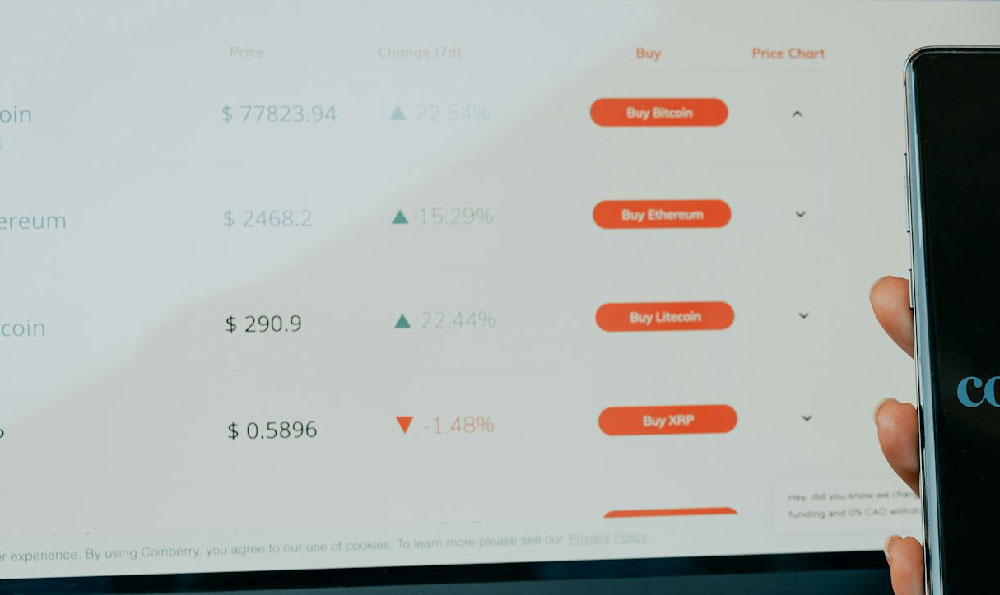Okay, I'm ready. Here's the article based on the title "Are Home Equity Investments Right for You? Weighing the Pros and Cons", adhering to your specifications:
Are you sitting on a potentially untapped source of funds, literally beneath your feet? For homeowners, the equity built up over years of mortgage payments and property value appreciation represents a significant asset. Home equity investments (HEIs) offer a way to access this wealth without taking out a traditional loan, but they come with their own set of considerations that require careful evaluation. Understanding the mechanics of HEIs, their potential benefits, and inherent drawbacks is crucial to determining if this financial tool aligns with your specific circumstances and risk tolerance.
The core concept of a HEI revolves around selling a portion of the future appreciation of your home in exchange for a lump sum payment today. Unlike a home equity loan or a HELOC (Home Equity Line of Credit), a HEI doesn't involve borrowing money that needs to be repaid with interest. Instead, you enter into an agreement with an investor (often a company specializing in these investments) who will share in the profits (or losses) when you eventually sell your home. The investor essentially buys a percentage of your home's future value.

This structure provides some immediate advantages. Perhaps the most compelling is the absence of monthly payments. This can be particularly attractive for homeowners facing financial hardships or those looking to free up cash flow for other investments or expenses. Because there's no debt obligation, a HEI doesn't appear on your credit report and won't impact your credit score. This can be a significant benefit for individuals who are already managing debt or are concerned about maintaining a pristine credit profile.
Furthermore, a HEI can offer a pathway to accessing funds for homeowners who may not qualify for traditional financing due to credit issues or limited income. The approval process for a HEI often relies more heavily on the value of the home and its potential for appreciation, rather than solely on the borrower's financial history. This makes it a potentially viable option for those who have been turned down for loans or are seeking a more flexible financing solution. The funds obtained through a HEI can be used for a variety of purposes, such as home improvements, debt consolidation, starting a business, or funding education.
However, the apparent simplicity and lack of monthly payments shouldn't lull you into a false sense of security. HEIs are complex financial instruments that demand thorough due diligence. The primary downside lies in the fact that you are essentially giving up a portion of the future appreciation of your home. If your home's value increases significantly, the investor will receive a substantial share of the profits, potentially leaving you with less equity than you would have retained had you avoided the HEI.
Consider a scenario where you receive $50,000 from a HEI in exchange for 20% of your home's future appreciation. If, after several years, you sell your home for $200,000 more than its value at the time of the investment, the investor would receive $40,000 (20% of $200,000), leaving you with $160,000 of the appreciation. While you still benefit from the increase in value, a significant portion goes to the investor.
Conversely, if your home's value declines, the investor shares in the losses. This might seem advantageous at first glance, but it also means you'll receive less money when you sell your home. Moreover, HEI agreements often include clauses that protect the investor's interests, such as requiring you to maintain the property in good condition or preventing you from taking out additional mortgages without their consent.
Another critical aspect to consider is the term of the HEI agreement. These agreements typically have a specified term, often ranging from 5 to 10 years. If you don't sell your home within that timeframe, you'll likely need to refinance the HEI or buy out the investor's share, which could involve significant costs and potentially unfavorable terms. The valuation process used to determine the initial home value and the future sale price is also crucial. It's imperative to ensure that the valuation is fair and accurate to avoid being shortchanged.
Furthermore, the legal and regulatory landscape surrounding HEIs is still evolving. While many reputable companies offer these investments, there's also the potential for predatory lending practices. Carefully scrutinize the terms and conditions of the agreement, seek independent financial advice, and consult with a real estate attorney to ensure you fully understand your rights and obligations. Pay close attention to the fine print, including any fees, penalties, or hidden costs.
Ultimately, the decision of whether or not to pursue a HEI is a personal one that depends on your individual financial situation, risk tolerance, and long-term goals. Carefully weigh the pros and cons, consider alternative financing options, and seek professional guidance before making a commitment. While HEIs can provide a valuable source of funds, they are not a one-size-fits-all solution and should be approached with caution and a thorough understanding of the associated risks. Don't let the allure of upfront cash cloud your judgment; a well-informed decision is always the best investment. Remember to compare offers from multiple HEI providers to ensure you are getting the most favorable terms available. Look beyond the initial offer and consider the long-term implications of sharing your home's future appreciation.












